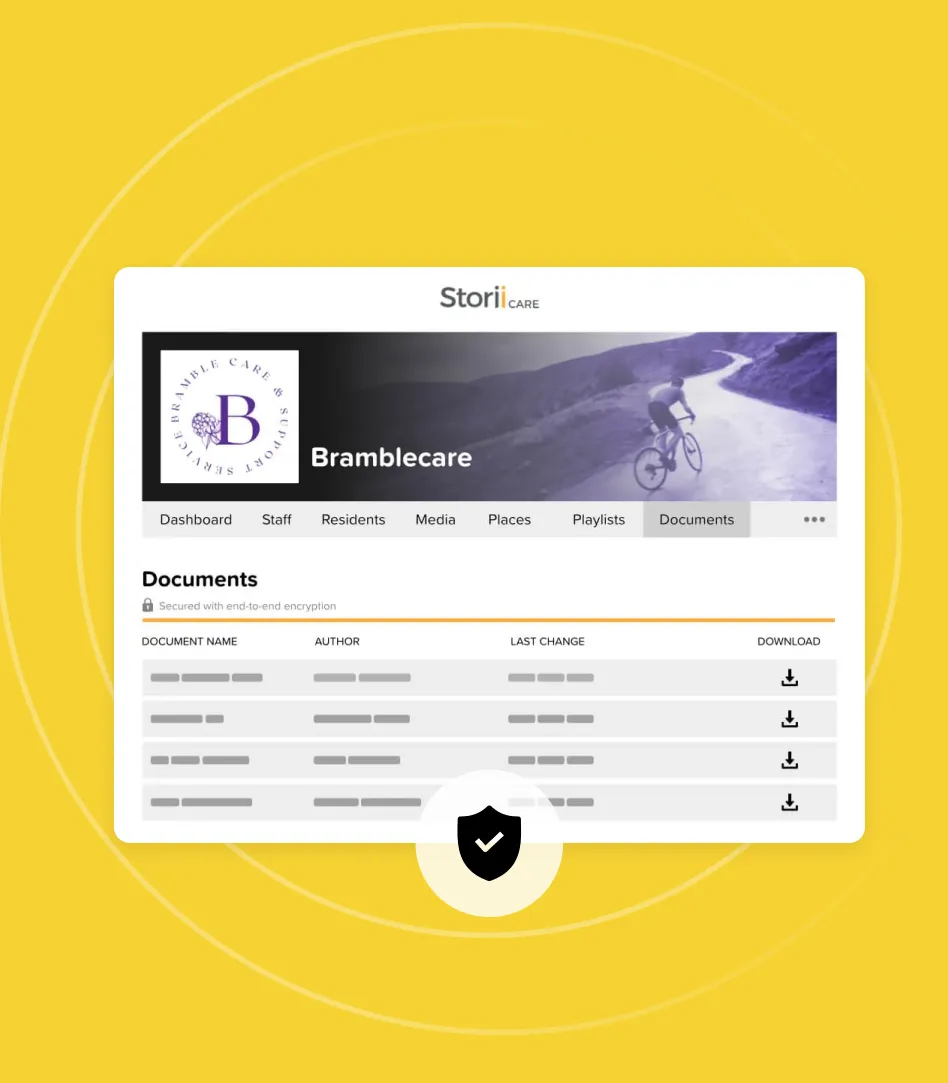Dementia Care Communication
I always tell caregivers that when they are communicating with someone living with dementia, it’s not about them — it’s about the person with dementia. People with dementia often live in a different world than we do, and it’s up to us, as caregivers, to walk into their world. It is not our job to try and bring them back into ours.
Embracing Their Reality
I call this idea “embracing their reality.” A lot of caregivers have a hard time with this concept because it feels like lying. If you get hung up on the idea that it is “lying,” however, you will never be able to be comfortable in dementia world. I say this because people with dementia will often tell you things — or believe things — that are not really true. For example, someone with dementia may say, “I saw my mother today.” The person with dementia is 95 years old, so you know that they could not have seen their mother. That person’s mother died decades earlier, but many caregivers (especially when they are first starting their caregiving journey) will try to correct the person they are caring for. “No, don’t you remember?” they’ll say. “Your mother died decades ago...” This is not helpful for either the caregiver or the person with dementia because inevitably a disagreement will ensue.
People with dementia do not respond well to “logic”. Sometimes you will see caregivers try to logic their way into arguments, such as showing a person with dementia a death certificate or a gravestone. “Look, see, I told you, your mother died years ago,” they’ll say, pointing to the obituary in the paper. While this is logical, this doesn’t work for people with dementia. They will still argue — or they will just get upset.
Instead, I tell caregivers, ask that person where they think that their loved one is. When she asks about her mother, say, “Where do you think that your Mum is?” and you will most likely get an answer. If she says, “I think Mum went to the store,” you can say, “Yes, that sounds right, she probably went out to the store.” It’s not lying: it’s embracing their reality.
Dementia care communication is very much an art form because it is not black and white. It exists very much in the grey area, which can be difficult for some people. Just like painting, drawing, singing, dancing, etc, is difficult for some, being creative with regards to dementia care can be a challenge. It is all about being able to live in (and enjoy) that grey area while embracing someone’s reality.
Featured Writer





.png)
.png)
.png)










